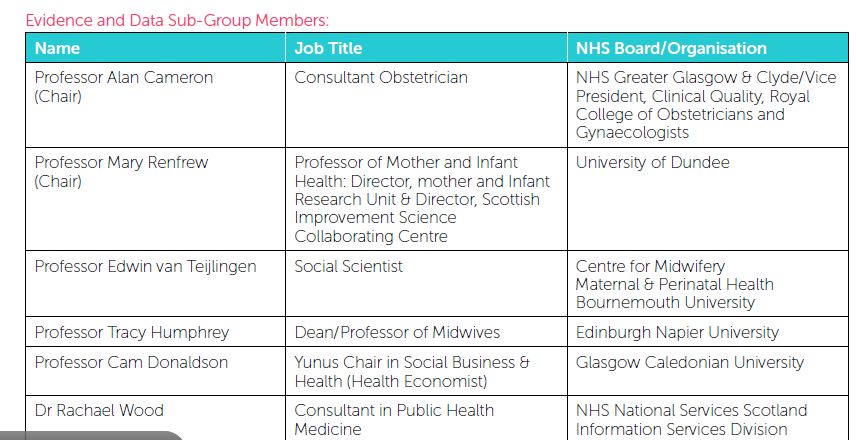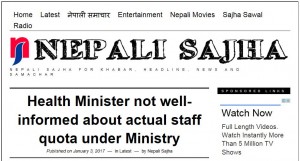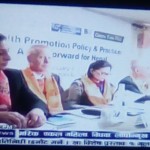Jonathan Wardle, Director of CEMP and Head of Enterprise in the Media School, discusses how research undertaken in universities can better influence public policy and lead to research impact…
Higher Education is in the main ineffective at influencing public policy – hence the new mantra of impact. In recent days, since the News of the World phone hacking revelations hit the mainstream press, academics on the various JISC media and communications mailing lists have bemoaned the fact that nobody seems to listen. Comments have included:
media academics generally have been talking about the excessive power and influence of Murdoch. By the time I started studying the field, in the early 1990s, Murdoch’s power was already part of the canon-part of British Media 101. Why did no-one listen to us?
Time after time distinguished academics who are members of this list have given freely of their time to respond to government consultations on the CPBF’s behalf, and have repeatedly found their recommendations turned on their heads in the subsequent legislation.
So, are we ignored because we have nothing to offer? I don’t think so, much of the research produced in my disciplinary area is well informed, much of the empirical work is rigorous and in the main the material is usually very readable and publicly available.
So why? Well, a year or so ago I wrote a paper for the Media Education Research Journal, it was a critical discourse analysis of the ‘Digital Britain’ policy process. Amongst other things, in my study I reviewed hundreds of submissions to the consultation process, many of which came from academics.
 Yet in the main they were ignored…and it was clear why. They were at odds with each other, they would have been difficult to translate into policy and they lacked recommendations for future action. Compare this with the submissions from Sector Skills Councils, trade associations and other collectives and it was clear where we were going wrong. These submissions tended to speak with one voice, included quantitative as well as qualitative evidence and made clear recommendations for future policy. Some of this material was lifted verbatim by the DCMS and inserted into the final published policy. These groups ‘inculcated the discourse’ to great effect.
Yet in the main they were ignored…and it was clear why. They were at odds with each other, they would have been difficult to translate into policy and they lacked recommendations for future action. Compare this with the submissions from Sector Skills Councils, trade associations and other collectives and it was clear where we were going wrong. These submissions tended to speak with one voice, included quantitative as well as qualitative evidence and made clear recommendations for future policy. Some of this material was lifted verbatim by the DCMS and inserted into the final published policy. These groups ‘inculcated the discourse’ to great effect.
If we want our work to influence public policy and professional practice we have to work harder to speak with a coherent voice. That means, firstly, actively getting involved with your discipline area subject associations. I’ve recently joined the executive of the Media Education Association, which is regularly consulted on curriculum changes in Schools. Secondly, organising symposiums and events, which bring together academics, practitioners and policy makers. For example a couple of years ago Prof Martin Kretschmer, Sukhpreet Singh and I organised an event at Fremantle (the producer of Britain’s Got Talent and the Apprentice) to disseminate the findings of our ESRC study on TV Formats, and third and finally we need to be better at turning our research into recommendations for future practice.
If we don’t, I’m confident in years to come, when the next moral panic rears its head. Our voices wont be heard….again.
Jonathan Wardle
Director of CEMP and Head of Enterprise
Media School

















 From Sustainable Research to Sustainable Research Lives: Reflections from the SPROUT Network Event
From Sustainable Research to Sustainable Research Lives: Reflections from the SPROUT Network Event REF Code of Practice consultation is open!
REF Code of Practice consultation is open! BU Leads AI-Driven Work Package in EU Horizon SUSHEAS Project
BU Leads AI-Driven Work Package in EU Horizon SUSHEAS Project ECR Funding Open Call: Research Culture & Community Grant – Apply now
ECR Funding Open Call: Research Culture & Community Grant – Apply now ECR Funding Open Call: Research Culture & Community Grant – Application Deadline Friday 12 December
ECR Funding Open Call: Research Culture & Community Grant – Application Deadline Friday 12 December MSCA Postdoctoral Fellowships 2025 Call
MSCA Postdoctoral Fellowships 2025 Call ERC Advanced Grant 2025 Webinar
ERC Advanced Grant 2025 Webinar Update on UKRO services
Update on UKRO services European research project exploring use of ‘virtual twins’ to better manage metabolic associated fatty liver disease
European research project exploring use of ‘virtual twins’ to better manage metabolic associated fatty liver disease